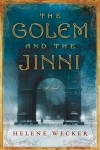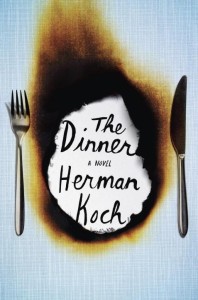Holds Alert: THE SON
Monday, June 10th, 2013 The book “positioned to be the big literary read of the summer,” according to the Wall Street Journal, Philipp Meyer’s second novel, The Son (HarperCollins/Ecco; HarperAudio; HarperLuxe) has been a big success with critics and now arrives at #10 on the 6/16 NYT hardcover best seller list during its first week on sale. Some libraries are showing heavy holds on modest orders.
The book “positioned to be the big literary read of the summer,” according to the Wall Street Journal, Philipp Meyer’s second novel, The Son (HarperCollins/Ecco; HarperAudio; HarperLuxe) has been a big success with critics and now arrives at #10 on the 6/16 NYT hardcover best seller list during its first week on sale. Some libraries are showing heavy holds on modest orders.
The book has been praised by national newspaper critics Ron Charles at The Washington Post and Bob Minzesheimer USA Today (the NYT hasn’t weighed in yet) as well as by many of their colleagues at local newspapers:
The author was profiled in Texas Monthly recently (the Baltimore native now lives in Texas, the setting for The Son), in a story with an attention-getting headline, “Hog Hunting With Texas’s Next Literary Giant” (Meyer tells the article’s author that hunting and writing are the two most important activities in his life). The article quotes “one of the foremost scholars of Texas literature,” calling The Son, “the most ambitious Texas novel in thirty years—since at least Cormac McCarthy’s Blood Meridian or Larry McMurtry’s Lonesome Dove.”





























